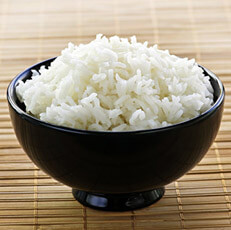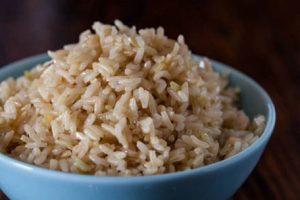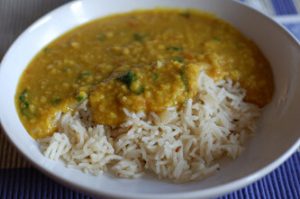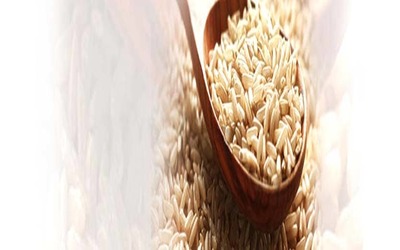The most common question that pops in the head of people is that whether you can consume the daily items you
[the_ad id=”6153″] used to consume? And out of these common items, the most common being rice. Most people think that when trying to “lose weight” they should avoid rice because rice doesn’t have enough nutrients which may help you during weight loss treatment. Nutritionists suggest that rice can be eaten when you are trying to “lose weight” as rice has enough nutrients to help you in your “weight loss” journey.
Another question that comes up in minds of people is whether rice is healthy or not?
According to dieticians, white rice is high in carbohydrate content but what it lacks is a wholesome amount of amino acids and therefore for full nutritional benefit it should be consumed with an animal or a plant derived protein. Rice is a staple food in east and south India that means that people consume rice in a large quantity in these parts of the country. Rice can be further categorized into 2 categories.
White Rice
When brown rice is completely milled and polished it converts into white rice. The processing definitely increases the shelf life of white rice but it also results in loss of many nutrients like minerals (iron, manganese, zinc, selenium and phosphorus), vitamins (vitamins B including vitamin B3, B6 and folic acid), dietary fiber and essential fatty acids
Brown Rice
It is produced by removing the outermost layer from the rice kernel. This process does very little damage to the nutritional value of the rice and avoids unnecessary loss of nutrients that further processing may cause
Still confused between white and brown rice? Let’s discuss it further, so, that we can make a choice by the end of this article.
 White rice is high in carbs and low in fiber, hence it is easier to digest than whole grain breads or brown rice. White rice converts starch in to glucose faster, which in turn raises the sugar levels in blood rapidly and it may also lead to weight gain and obesity for some people as said by nutritionists.
White rice is high in carbs and low in fiber, hence it is easier to digest than whole grain breads or brown rice. White rice converts starch in to glucose faster, which in turn raises the sugar levels in blood rapidly and it may also lead to weight gain and obesity for some people as said by nutritionists.
On the other hand, brown rice is a good source of fiber, minerals like magnesium, zinc, iron and vitamins B. Rice bran present in brown rice can help reduce your blood cholesterol levels.
So, according to the nutrient properties shown by both brown and white rice, we can conclude that you can replace white rice with brown rice because of its nutritional contents which are better than white rice, it may also help you in supplementing your weight loss efforts, reduces your risk of type 2 diabetes and improves your overall health.
 But if you are unable to replace white rice with brown then, then you can couple your white rice with a high fiber dish. For example, eat your white rice with vegetable raita, mix vegetable or sambar or you can simply make a vegetable pulao. The key to stay healthy is to eat in a limited quantity.
But if you are unable to replace white rice with brown then, then you can couple your white rice with a high fiber dish. For example, eat your white rice with vegetable raita, mix vegetable or sambar or you can simply make a vegetable pulao. The key to stay healthy is to eat in a limited quantity.
If you are unable to decide on your own what kind of rice should be consumed and with what should it be combined then you can pay a visit to a nutritionist.
Source:

